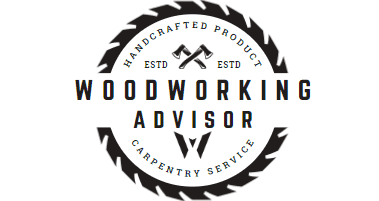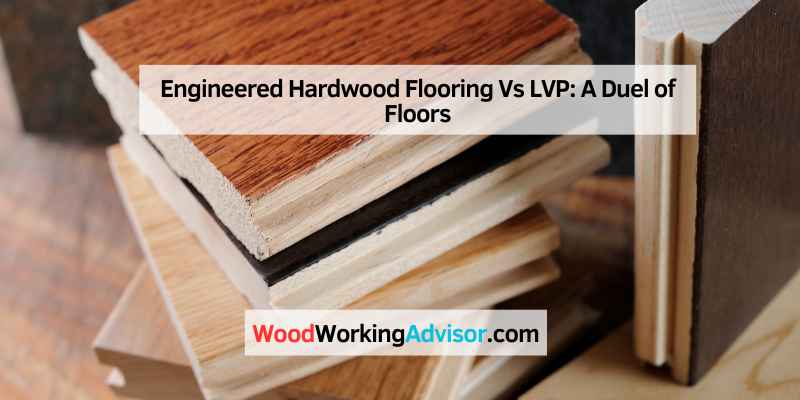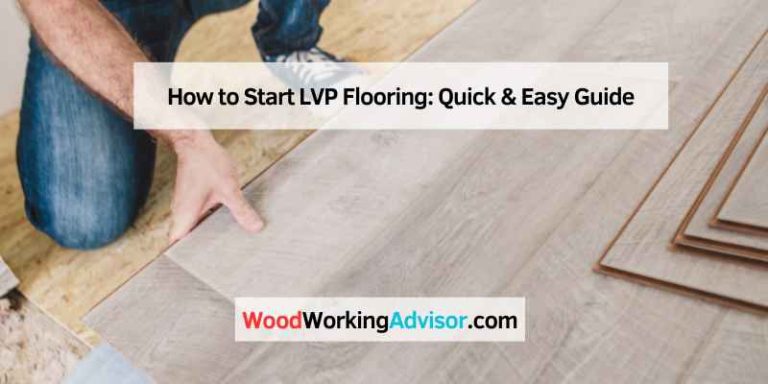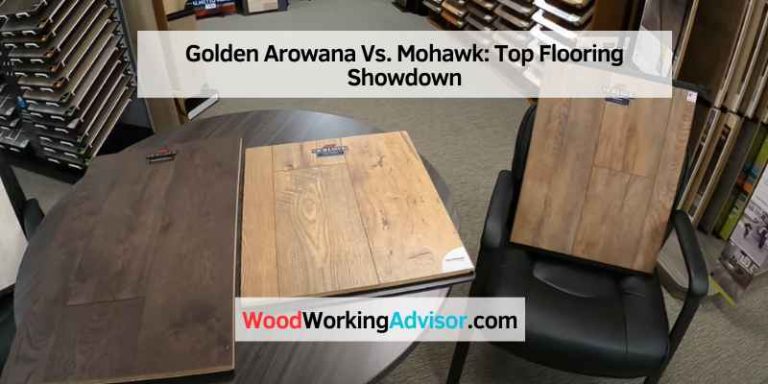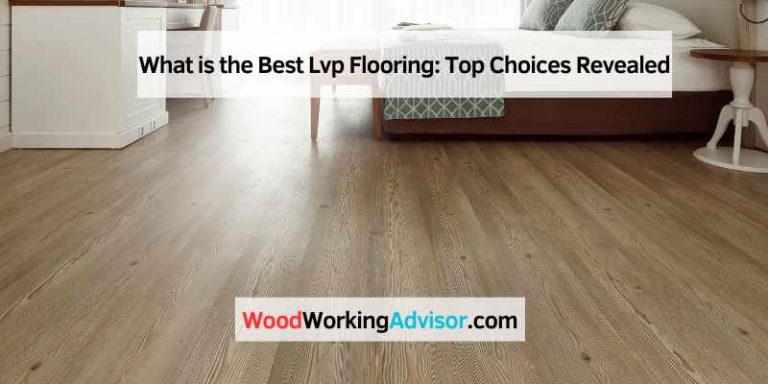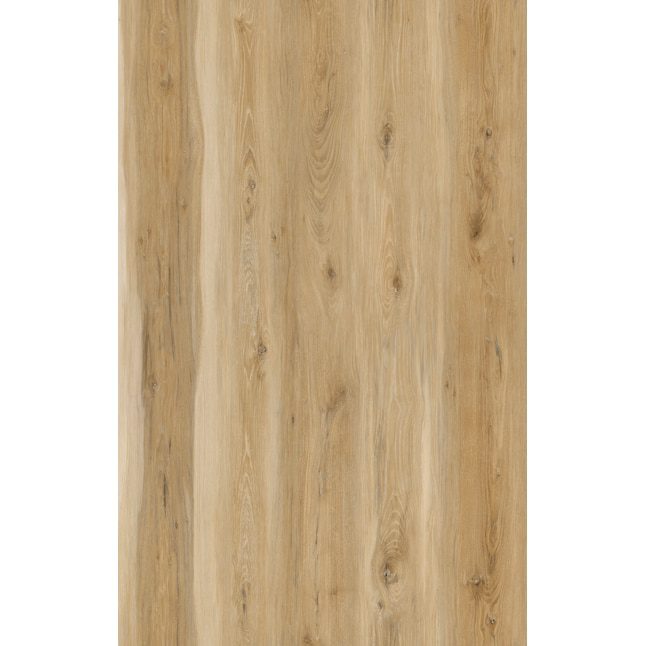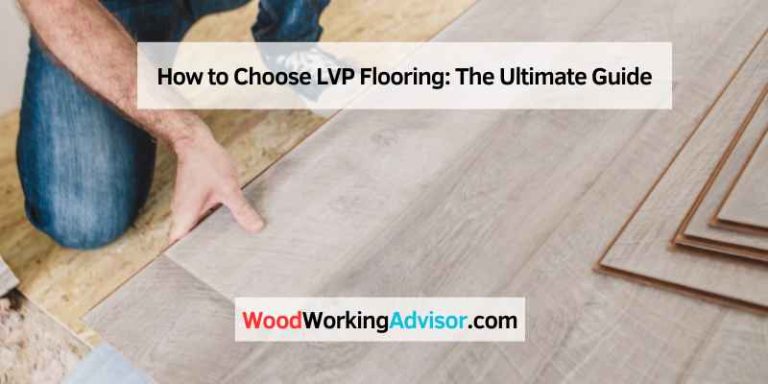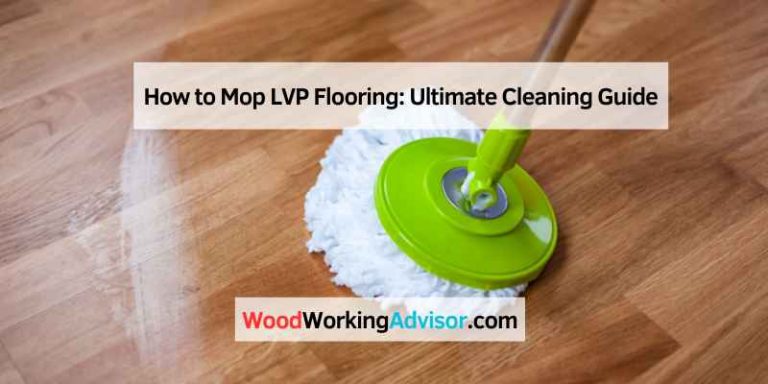Engineered Hardwood Flooring Vs LVP: A Duel of Floors
Engineered hardwood and luxury vinyl plank (LVP) are two popular flooring options, but which one is better? While engineered hardwood provides a more natural look and feel, LVP offers superior durability, moisture resistance, and lower cost.
Ultimately, the choice between these two types of flooring depends on personal preferences, budget, and lifestyle needs. LVP is waterproof and ideal for bathrooms, kitchens, and basements, while engineered hardwood is more susceptible to water damage. We will explore the differences between engineered hardwood flooring and LVP, and help you make an informed decision about which one is right for your home.
Introduction To Flooring Choices
Engineered Hardwood Basics
Engineered hardwood flooring is made of layers of real wood veneer adhered to a plywood base, providing a natural appearance with increased durability.
Lvp (luxury Vinyl Plank) Fundamentals
Luxury Vinyl Plank (LVP) flooring is a synthetic material that mimics the look of hardwood or stone, offering superior water resistance and affordability.
Aesthetic Appeal And Design Flexibility
When it comes to choosing between engineered hardwood flooring and luxury vinyl plank (LVP), one of the key considerations is the aesthetic appeal and design flexibility each option offers. Both types of flooring have their own unique features and benefits that cater to different preferences and design requirements.
Natural Look Of Engineered Hardwood
Engineered hardwood flooring is renowned for its timeless and natural look, providing a warm and inviting atmosphere to any space. The authentic wood grain patterns and rich textures create a sense of luxury and sophistication, adding a touch of elegance to interior designs. The natural variations in color and grain of engineered hardwood contribute to a unique and organic aesthetic that is unmatched by synthetic alternatives.
Design Variety In Lvp
Luxury vinyl plank (LVP) offers an extensive range of design options, including realistic wood and stone textures that closely resemble the natural materials they emulate. With advancements in digital printing technology, LVP can replicate the intricate details and nuances of hardwood, allowing for a diverse selection of colors, patterns, and finishes. This versatility provides homeowners with the freedom to explore different design schemes and create custom flooring arrangements that suit their individual style preferences.
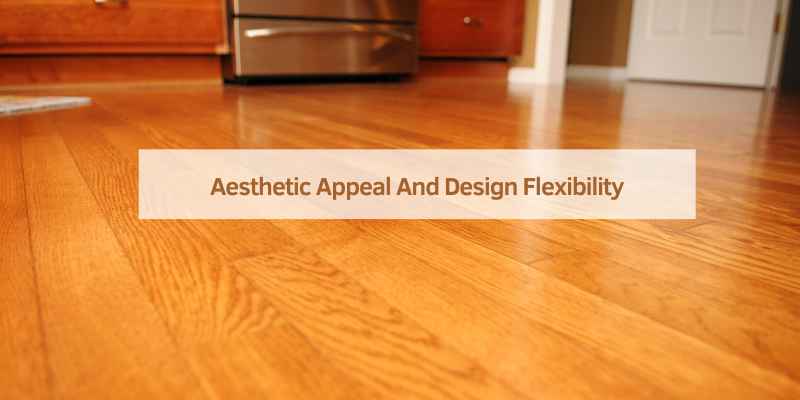
Installation Process
When it comes to the installation process, both Engineered Hardwood Flooring (EHF) and Luxury Vinyl Plank (LVP) have their own set of advantages and challenges. Understanding the installation process for each type of flooring can help you make an informed decision based on your specific needs and preferences.
Ease Of Lvp Installation
Installing Luxury Vinyl Plank flooring is known for its ease and simplicity. LVP comes with a click-lock or glue-down installation system, making it a DIY-friendly option for homeowners. The click-lock system allows the planks to easily interlock, providing a seamless and secure installation without the need for adhesives. On the other hand, the glue-down method requires the use of adhesive to fix the planks to the subfloor.
LVP’s installation process is relatively straightforward and can be completed quickly, making it a popular choice for those looking for a hassle-free installation. It is important to note that LVP can be installed over various existing flooring surfaces, such as concrete, plywood, or even existing vinyl, which adds to its versatility.
Challenges In Engineered Hardwood Setup
Unlike LVP, the installation of Engineered Hardwood Flooring can be more complex and time-consuming. EHF typically requires professional installation due to its specific requirements and techniques. The installation process involves nailing or stapling the hardwood planks to the subfloor, which requires specialized tools and skills.
Additionally, Engineered Hardwood Flooring may have specific acclimation requirements, where the planks need to be left in the installation space for a certain period of time to adjust to the humidity and temperature of the room. This step is crucial to prevent any potential issues, such as warping or buckling, in the future.
Moreover, Engineered Hardwood Flooring is not recommended for installation in areas prone to moisture or high humidity, such as bathrooms or basements. It is also not suitable for installation over existing flooring, as it may require additional subfloor preparation and leveling.
In conclusion, while LVP offers a relatively easy and DIY-friendly installation process, Engineered Hardwood Flooring may require professional expertise and additional considerations. Understanding the installation requirements and challenges of each type of flooring is essential in making the right choice for your home.
Durability And Maintenance
When comparing Engineered Hardwood Flooring to LVP, consider durability and maintenance. While engineered hardwood offers a natural look, LVP excels in durability, moisture resistance, and cost-effectiveness. Your choice should reflect personal taste, budget, and lifestyle.
Durability and Maintenance are important factors to consider when choosing between Engineered Hardwood Flooring and Luxury Vinyl Plank (LVP). In terms of scratch and wear resistance, Engineered Hardwood Flooring is generally more durable than LVP. While both types of flooring can withstand regular foot traffic, Engineered Hardwood Flooring is better equipped to handle scratches and dents from heavy furniture or pet claws. However, it is important to note that high heels or sharp objects can still scratch Engineered Hardwood Flooring.
When it comes to cleaning and upkeep, LVP is the clear winner. Luxury Vinyl Plank is easy to clean and maintain, requiring only regular sweeping and occasional mopping with a mild cleaning solution. Engineered Hardwood Flooring, on the other hand, requires more maintenance and care to preserve its natural beauty. It is important to avoid excessive water or harsh cleaning chemicals, as this can damage the flooring. Regular vacuuming or sweeping is also necessary to remove dirt and debris that can scratch the surface of the flooring.
In conclusion, when choosing between Engineered Hardwood Flooring and LVP, it ultimately comes down to personal preferences, budget, and lifestyle needs. Engineered Hardwood Flooring provides a more natural look and feel, while Luxury Vinyl Plank offers superior durability and moisture resistance. It is important to consider factors such as scratch and wear resistance, as well as cleaning and upkeep, when making a decision.
Cost Comparison
When it comes to choosing between Engineered Hardwood Flooring and Luxury Vinyl Plank (LVP), the cost is a crucial factor to consider. Let’s delve into the cost comparison to understand the initial investment and long-term value of these flooring options.
Initial Investment
Engineered hardwood flooring typically involves a higher initial investment compared to LVP. The cost of the materials, installation, and any required subfloor preparation can make it a pricier option upfront. On the other hand, LVP is generally more budget-friendly, making it an attractive choice for those looking to save on initial expenses.
Long-term Value
While the initial investment for engineered hardwood is higher, it offers long-term value due to its durability and timeless appeal. Engineered hardwood floors can last for decades when properly maintained, adding value to the property over time. Conversely, LVP, although cost-effective initially, may require replacement sooner, impacting its long-term value.
Moisture And Water Resistance
Engineered hardwood flooring offers a natural look, but LVP provides better durability and moisture resistance. LVP is also more cost-effective, making it a popular choice for areas prone to water exposure. The decision between the two depends on personal preferences, budget, and lifestyle needs.
Engineered Hardwood’s Sensitivity
Engineered hardwood flooring, while offering a luxurious appearance, is sensitive to moisture. It is not completely waterproof and can be damaged by excessive water exposure.
Lvp’s Superior Resistance
Luxury Vinyl Plank (LVP) flooring, on the other hand, boasts superior water resistance capabilities. It is designed to withstand moisture, making it an ideal choice for areas prone to spills or high humidity levels.
Environmental Considerations
When considering flooring options, it’s essential to evaluate their environmental impact. The sustainability and recyclability of engineered hardwood and luxury vinyl plank (LVP) are crucial factors to consider in the decision-making process.
Sustainability Of Engineered Hardwood
Engineered hardwood flooring is a sustainable choice due to its construction using a top layer of genuine hardwood bonded to multiple layers of high-quality plywood or fiberboard. This method maximizes the use of natural wood resources, as it allows for the creation of more surface area from a single tree. Additionally, the plywood or fiberboard layers are often made from fast-growing and renewable wood species, further enhancing the sustainability of engineered hardwood.
Recyclability Of Lvp
Luxury vinyl plank (LVP) is known for its recyclability, making it an environmentally friendly flooring option. When it comes to disposal or replacement, LVP can be recycled and repurposed, reducing its overall environmental impact. This recyclability contributes to the conservation of resources and the reduction of waste in landfills, aligning with sustainable practices.
Conclusion: Making The Right Choice
When it comes to choosing between engineered hardwood flooring and luxury vinyl plank (LVP), several factors come into play. Both options have their own set of advantages and drawbacks, and the decision ultimately hinges on your personal preferences, lifestyle, and long-term investment goals. Let’s delve into the key considerations to help you make an informed decision.
Personal Preferences And Lifestyle
Personal preferences and lifestyle play a crucial role in determining the most suitable flooring option for your home. If you value a more natural and authentic look, engineered hardwood flooring might be the ideal choice. On the other hand, if you prioritize durability, water resistance, and affordability, luxury vinyl plank (LVP) could be the better fit for your lifestyle. Consider factors such as maintenance requirements, foot traffic, presence of pets, and the overall aesthetic appeal that aligns with your personal style.
Final Thoughts On Investment
From an investment perspective, it’s essential to evaluate the long-term benefits of each flooring option. While engineered hardwood adds value to your home and offers a timeless appeal, luxury vinyl plank (LVP) provides cost-effective durability and can withstand moisture-prone areas. Consider your budget, the expected lifespan of the flooring, and the potential impact on the resale value of your property when making this investment decision.
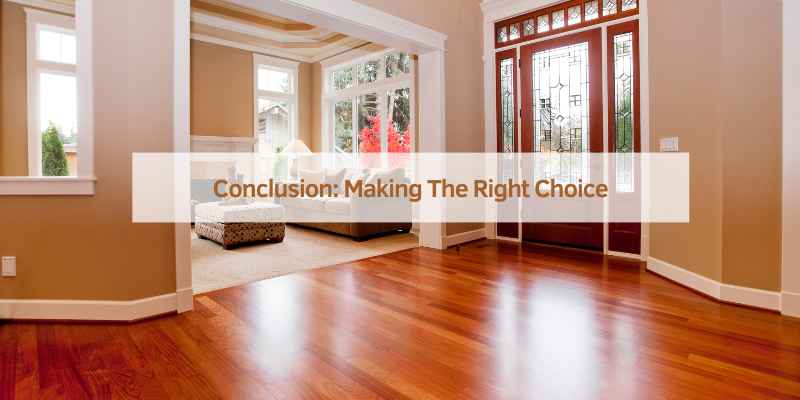
Frequently Asked Questions
Is Engineered Hardwood Better Than Lvp?
While engineered hardwood provides a more natural look, LVP offers better durability, moisture resistance, and lower cost. It ultimately depends on personal preferences, budget, and lifestyle needs. LVP is also waterproof, making it a common choice for bathrooms, kitchens, and basements.
However, only select ranges of engineered wood flooring are water-resistant.
Is Lvt Better Than Engineered Flooring?
LVT flooring is better than engineered flooring for several reasons. LVT is waterproof, making it ideal for bathrooms, kitchens, and basements. In contrast, only certain types of engineered wood flooring are water-resistant. LVT also offers superior durability, moisture resistance, and lower cost compared to engineered flooring.
Ultimately, the choice between the two depends on personal preferences, budget, and lifestyle needs.
What Is The Difference Between Engineered Vinyl Planks And Luxury Vinyl Planks?
Engineered vinyl planks are thicker and more durable, while luxury vinyl planks are thinner and slightly less waterproof.
Which Is Better Laminate Or Vinyl Or Engineered Hardwood?
Vinyl offers superior durability and moisture resistance at a lower cost compared to engineered hardwood. However, engineered hardwood provides a more natural look and feel. Your choice depends on personal preference, budget, and lifestyle needs.
Conclusion
When deciding between engineered hardwood and LVP, consider factors like appearance, durability, and cost. While engineered hardwood offers a natural look, LVP excels in water resistance and affordability. Your choice should align with your style, budget, and maintenance preferences for optimal satisfaction.
